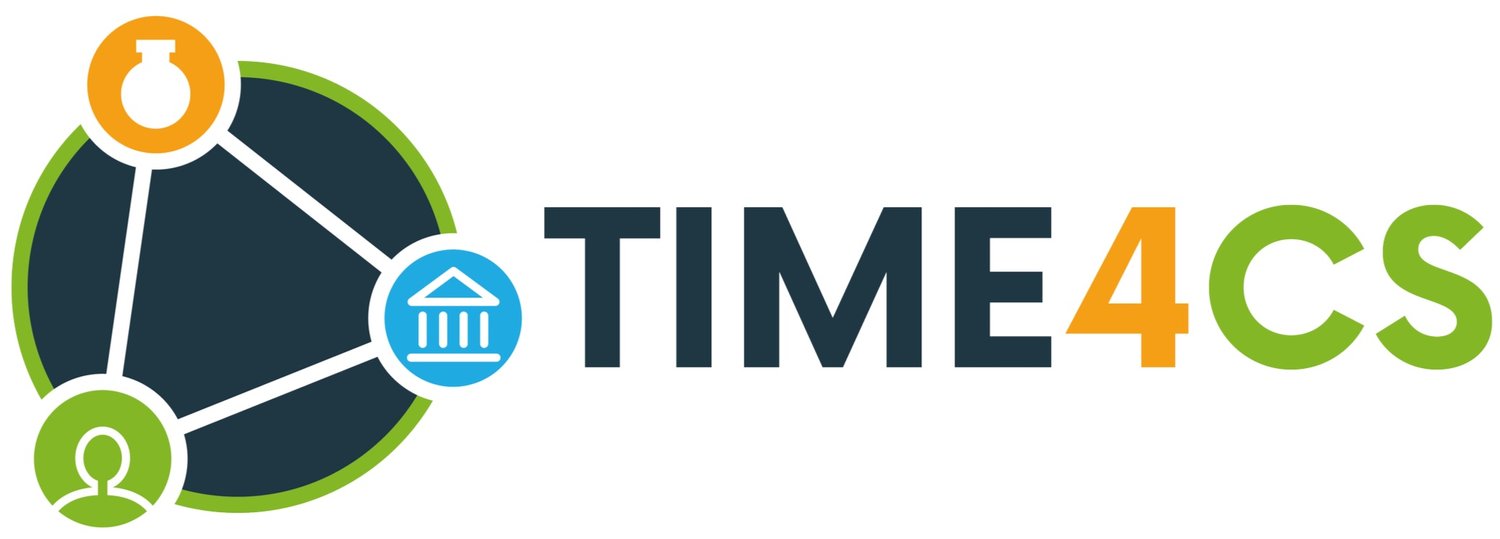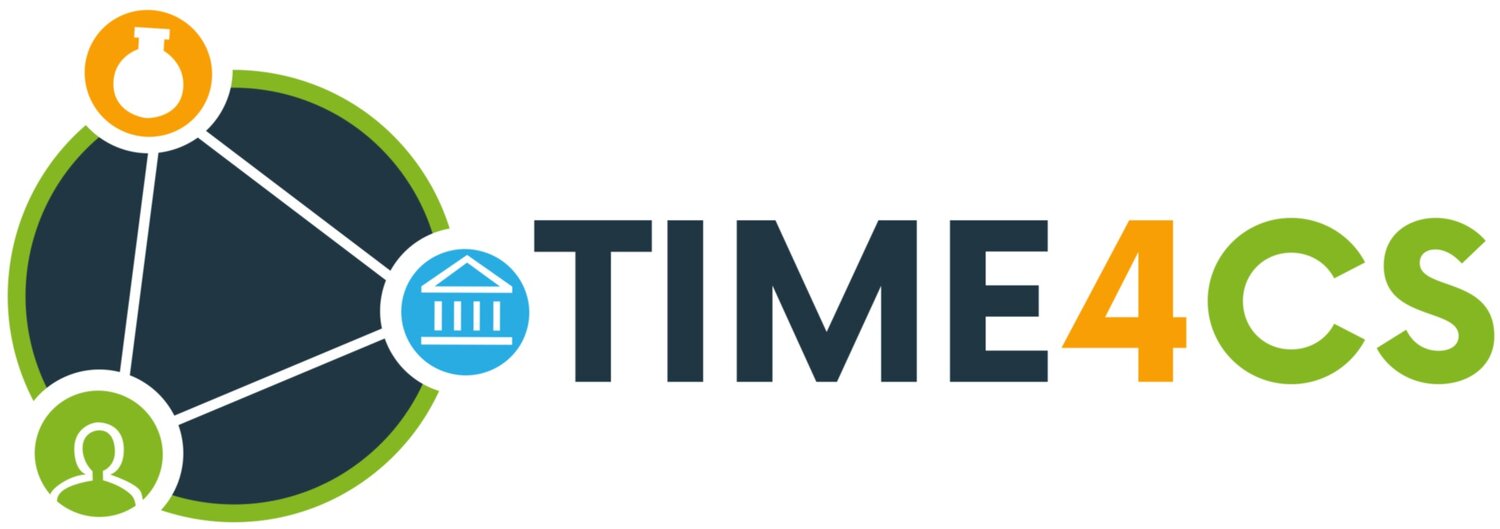Laying The Foundation For Sustainable Citizen Science At The CRG – Part II
Part I available here
The path towards the institutionalization of citizen science at the Centre for Genomic Regulation (CRG) is taking us to interesting and encouraging places. The four Grounding Actions (GAs) that will pave the way towards the use of this methodology amongst our researchers are taking shape; we agreed to include citizen science as a pillar of open science, we started to design the training activities, drafting guidelines and drafting a new policy, all of them tailored to the CRG’s unique ecosystem.
So far, the CRG has run two citizen science projects, facilitated by an expert in the field: Genigma, a mobile game app which mapped the genome of a cancer line in a collaborative way, and Saca la Lengua (Stick out your tongue), which studied the mouth’s microbiome and its possible relationship with our environmental characteristics and lifestyle. Both projects were possible thanks to external national and international funding. Genigma was an experiment within the EU-funded project ORION Open Science. Saca La Lengua was an initiative of the CRG together with the "la Caixa" Banking Foundation.
The challenge now is to integrate citizen science at the CRG without any external funding for the design or execution of a specific citizen science project. As a first approach, we aim to integrate citizen science elements in current or future research projects, so that researchers become familiar with the methodology and realize the benefits and values that applying this methodology entails. To do so, in addition to the training activities that we will organize in the frame of TIME4CS, the grants and project managers will look for opportunities to incorporate citizen science elements in regular project proposals, together with researchers. Moreover, they will look for specific external funding for citizen science projects and for project collaboration opportunities, and will check new requirements regarding citizen science of the projects funded by the EC. Our aim in the near future is to have more projects consider a citizen science approach in their methodologies at the initial design phase.
One of the most interesting internal experiences so far has been the opportunity that TIME4CS has brought us in order to put citizen science into other departments’ agendas. Thanks to the project, the training activities that we will develop in the frame of TIME4CS will become part of the CRG’s training programme, courses and internal activities. To achieve this goal, we are working closely with the Training and Academic Office, which is not only aware and involved in the development of the training activities, but is also considering integrating citizen science trainings in future training programmes. On the other hand, the International and Scientific Affairs office has already started to look for opportunities to include citizen science elements in new project proposals, and discussions about adopting other institutional approaches to citizen science are on the table. Consequently, it is starting to become a common research methodology to use beyond a one-time project related to specific funding opportunities.
Last but not least, TIME4CS provides the opportunity to discuss the progress of our GAs with the rest of Implementers and the Front Runners, so that we enrich our visions, possibilities and ways of addressing the opportunities and the challenges that come together with this new paradigm: to adopt a new collaborative, open and responsible way of doing research.
Author: Marta Solís Mateos (CRG)



